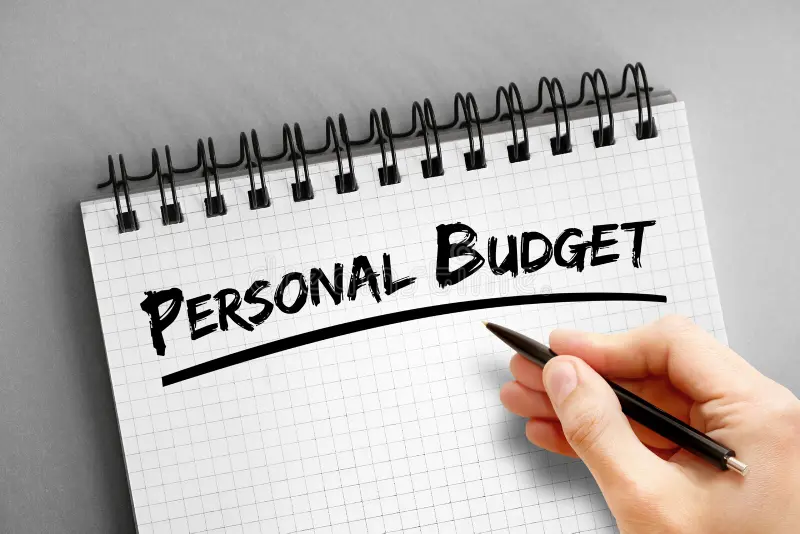A higher pay package at the end of the month will put a smile on the lips of anybody. Money may not buy happiness but it is an essential need. Learning and mastering the art of negotiation is one of the ways anyone can use to improve their financial situation. As a freelancer working on gigs or an employee with a fixed salary aiming for a raise in your pay, you need to understand the dynamics of negotiation. This article will discuss the strategies and tips for successful salary and rate negotiations.
How To Negotiate For Higher Salaries
Below are the ways you can negotiate for higher salaries and rates:
1. Preparation Is Important
The first thing you need to do before stepping out to negotiate an increase in salary and rate is to prepare. The place of preparation cannot be neglected as it is one of the most critical aspects of successful negotiation. Preparation begins with you taking time to do comprehensive research on the industry or your place of work. You might have worked with them for a time but it is still pertinent you take time to study the standards, policies, and market rates for your position and role. Knowing the facts puts you in a position of strength and confidence during the negotiation.
2. Define Your Worth
Don’t start or think of negotiating for higher pay if you are not sure of your worth. Take time to evaluate your skills, experience, and accomplishments. After critically assessing your worth, you can start articulating your value to your employer or client. Confidence in your abilities is a compelling negotiation tool.
3. Define Your Goals
Setting and defining your goals before entering a negotiation is very important. You need to know exactly the salary or rate you are seeking and ensure your targets are realistic and grounded in data. Navigating the negotiation process is easier when you have well-defined expectations.
4. Pick A Perfect Time
The place of timing in negotiation is very important. It is pertinent for you to identify the best time and the right moment for your negotiation. I will suggest occasions such as performance reviews, job offers, or project discussions. Picking the right time can determine the outcome of your negotiation, so choose your moment wisely.
5. Building Relationship
Employers or clients will only be comfortable negotiating a higher salary or rate with an employee they have built a positive professional relationship with and not the other around. You need to work on building a positive rapport with your employee or client before and during negotiation.
6. Effective Communication
Effective communication plays a crucial role in negotiation. You need to learn how to listen actively to understand your employee or client’s perspective. Then, do your best to articulate your points clearly and concisely. Pay attention to non-verbal cues, as they can convey just as much information as words.
7. Responding To Objections
Employers and clients are expected to bring up objections. They may also push for what will benefit them so it is important to prepare to tackle these objections with confidence and a sense of professionalism. Listen to their objections carefully, and respond thoughtfully, showing that you’ve considered their perspective.
8. Bargaining And Trade-Offs
In negotiation, you need to factor in bargaining and trade-offs. Don’t be selfish and fail to find mutually beneficial solutions. Learn to be flexible without losing sight of your targets. The art of negotiation is finding common ground while advocating for your interests.
9. Prepare For Rejections
The outcome of a negotiation may not be positive. You need to learn how to handle rejections with grace. Handling this properly will help you maintain your professional relationship with your employer and client. Focus on your lapses and learn from them.
10. Persistence And Patience
The result of a negotiation is not always positive and you need to learn to go again. After a negotiation, do well to follow and be persistent. If your skills or responsibilities evolve, don’t be afraid to initiate a re-negotiation.
Also, learn to be patient. The result may not be immediate and sometimes the right opportunity or offer takes time to materialize.
Learning and mastering the art of negotiation for higher salaries and rates is a skill every employee or freelancer needs to build a better financial future. Preparation, defining your worth, effective communication, persistence and patience are all important elements of a successful negotiation. Follow these strategies and you will stand a better chance of hitting your targets.





